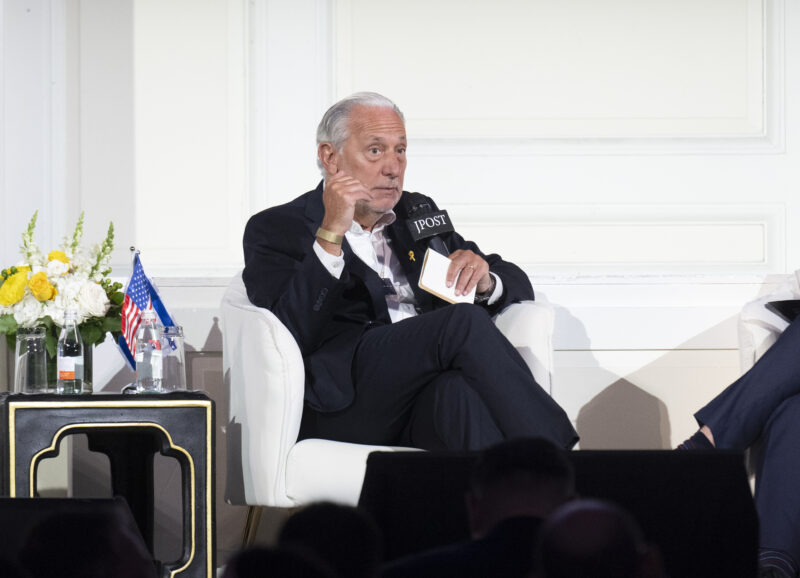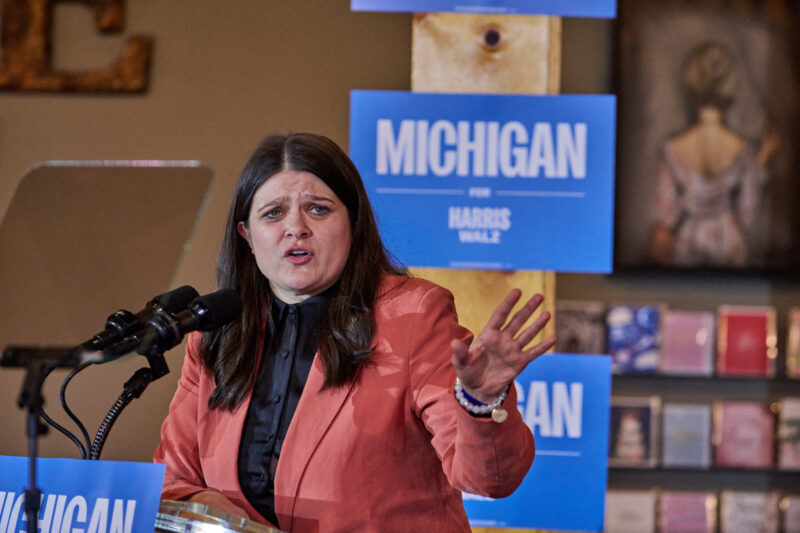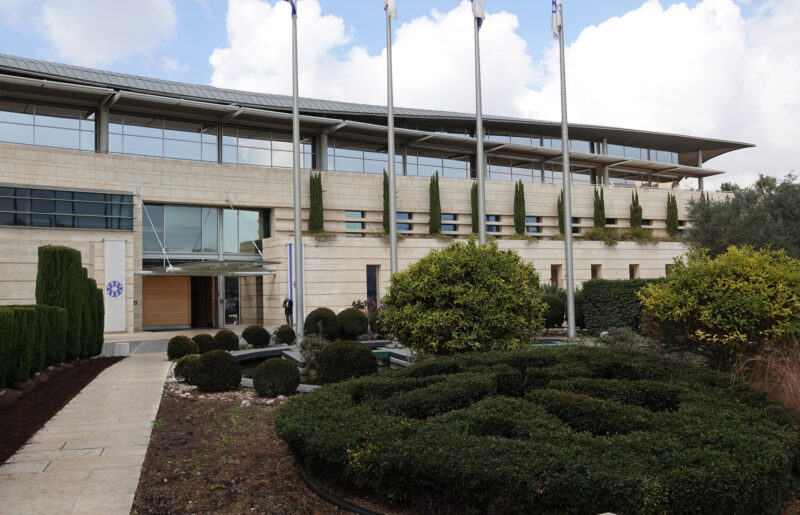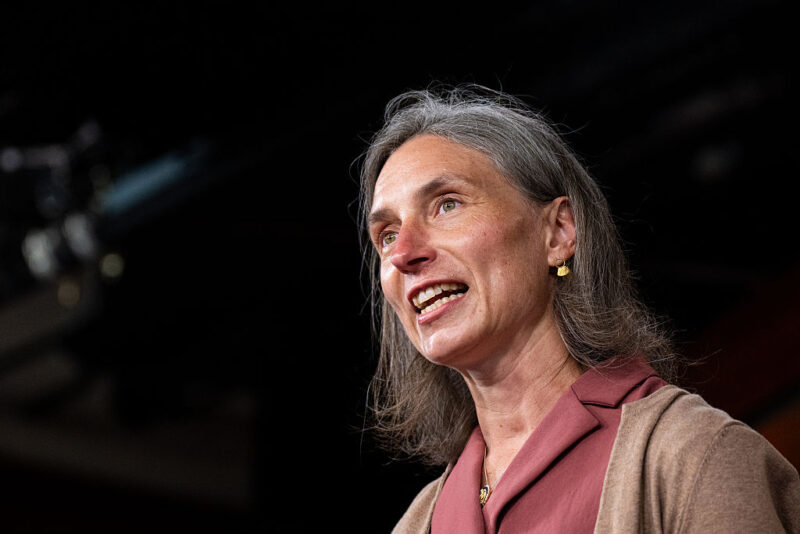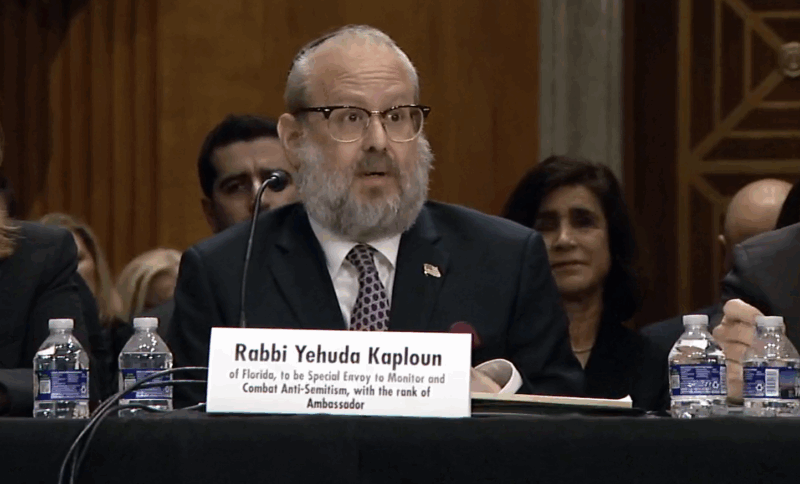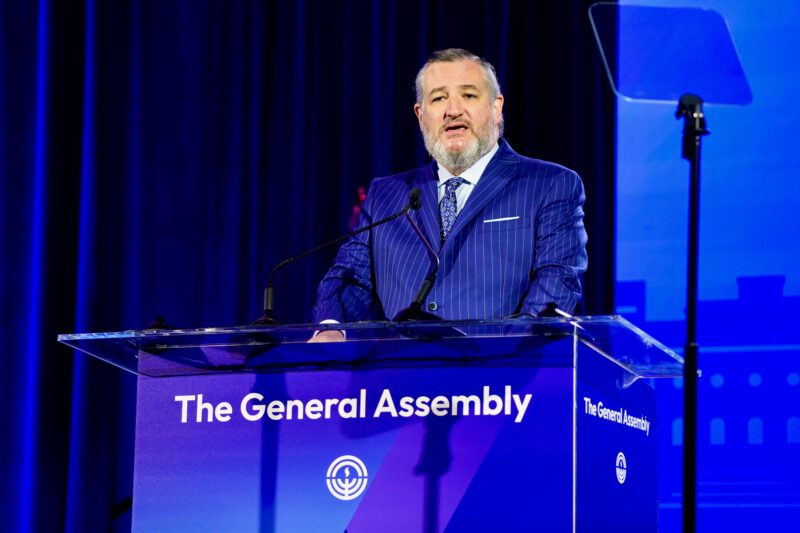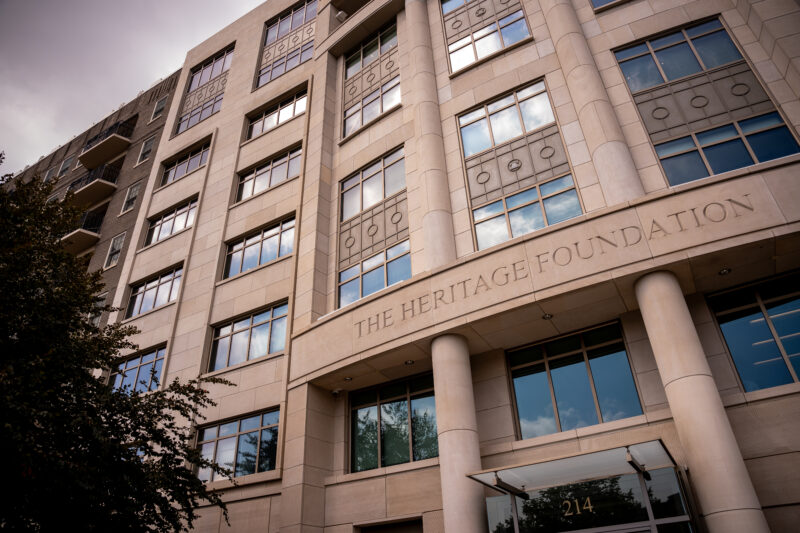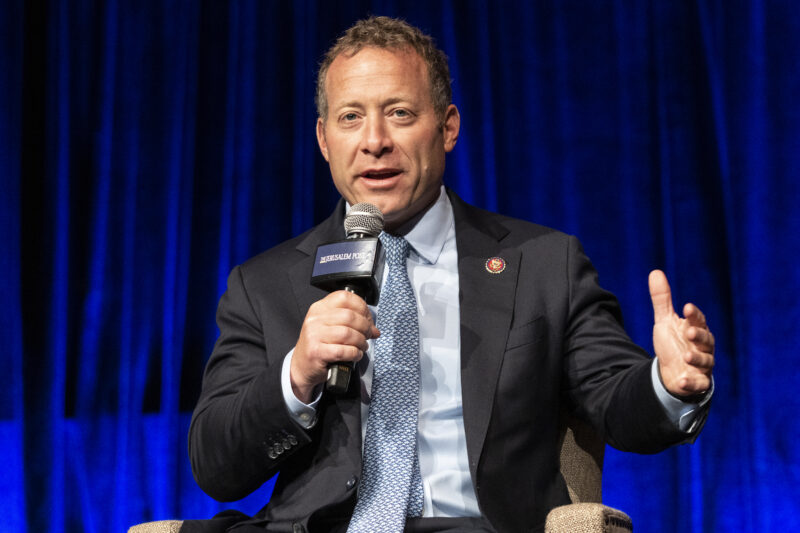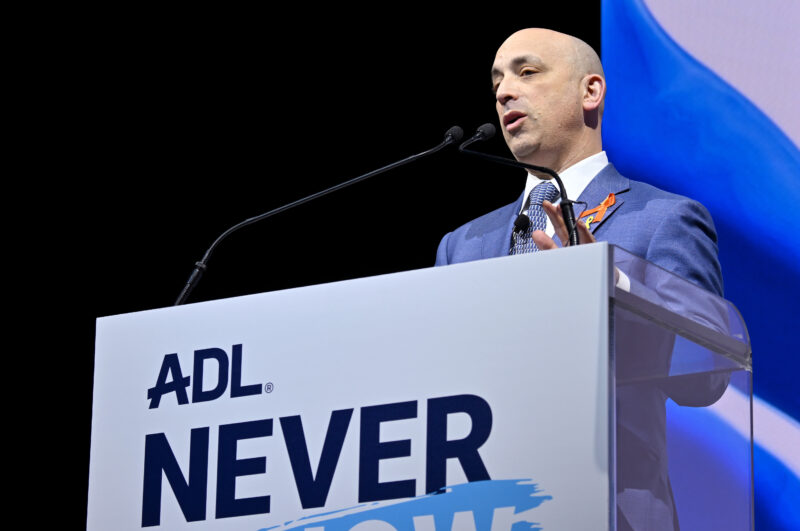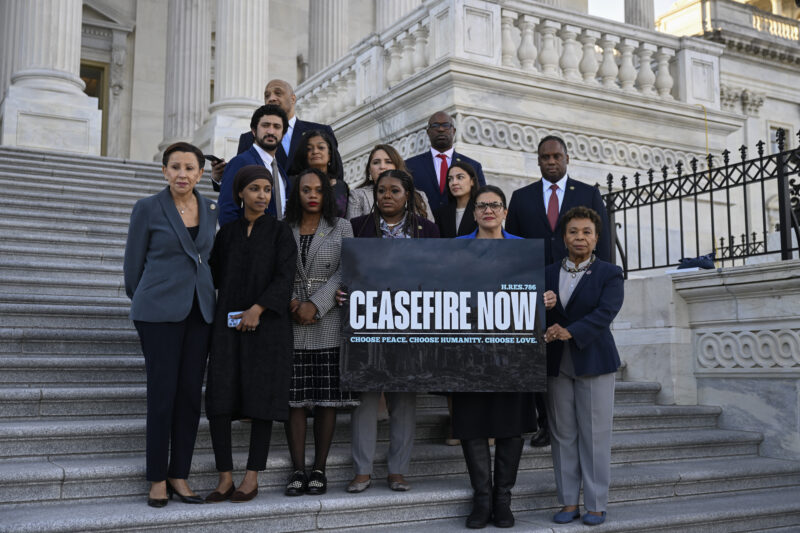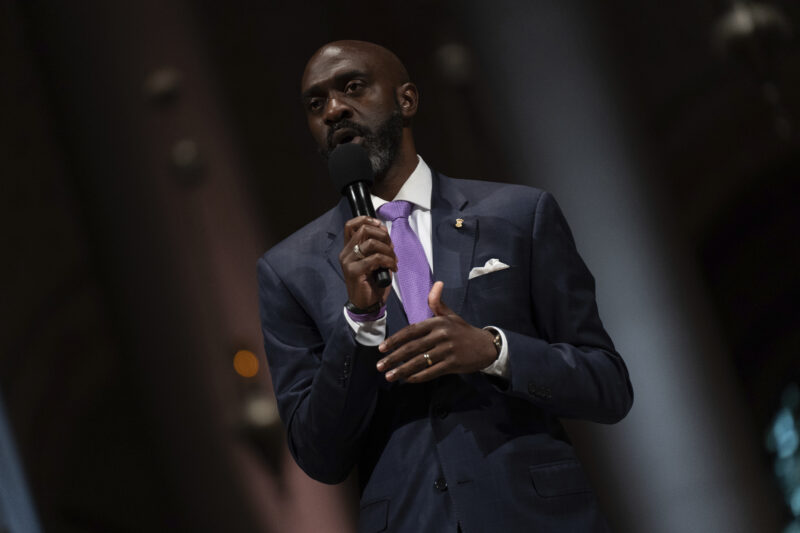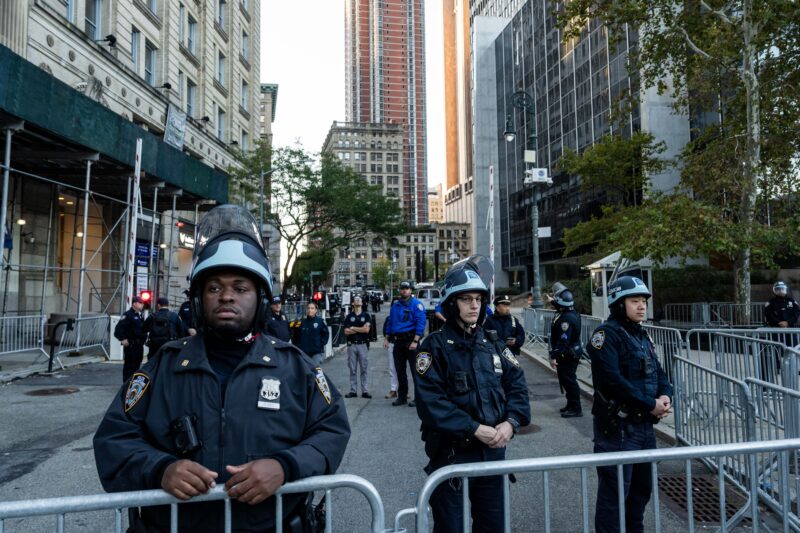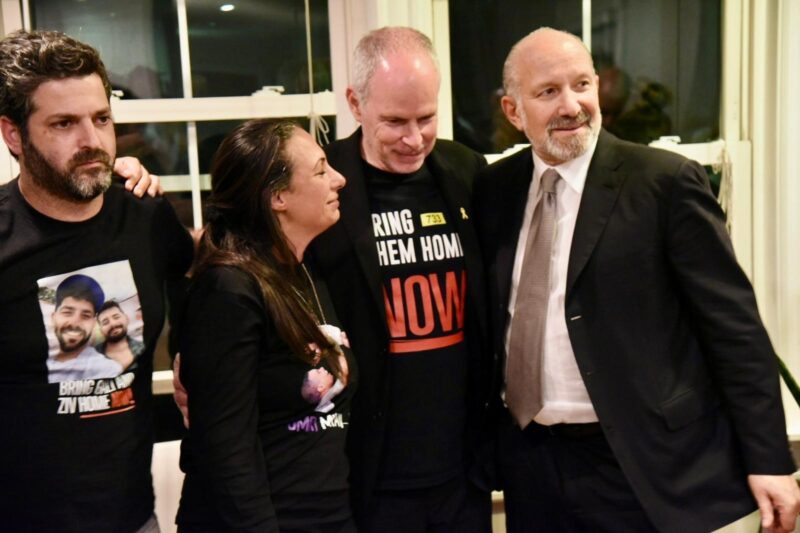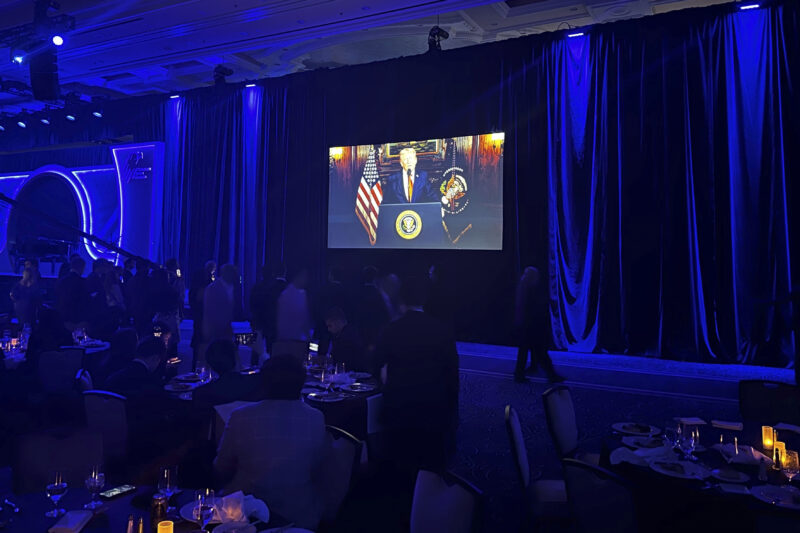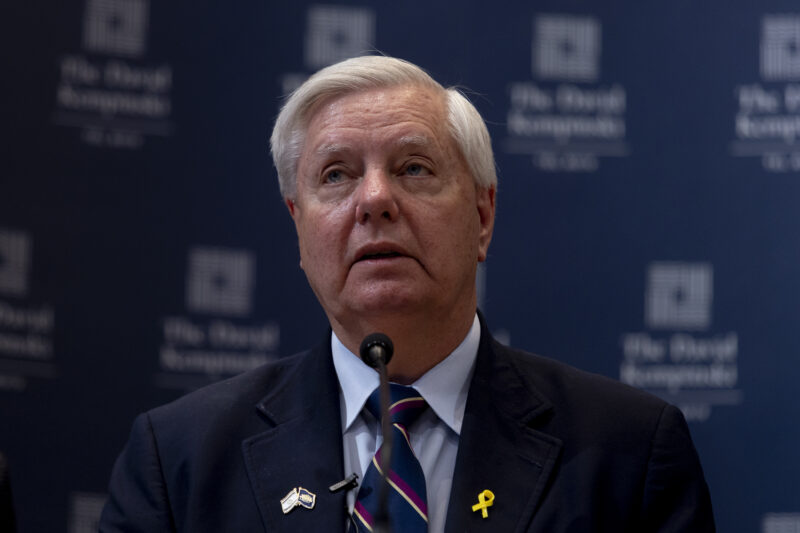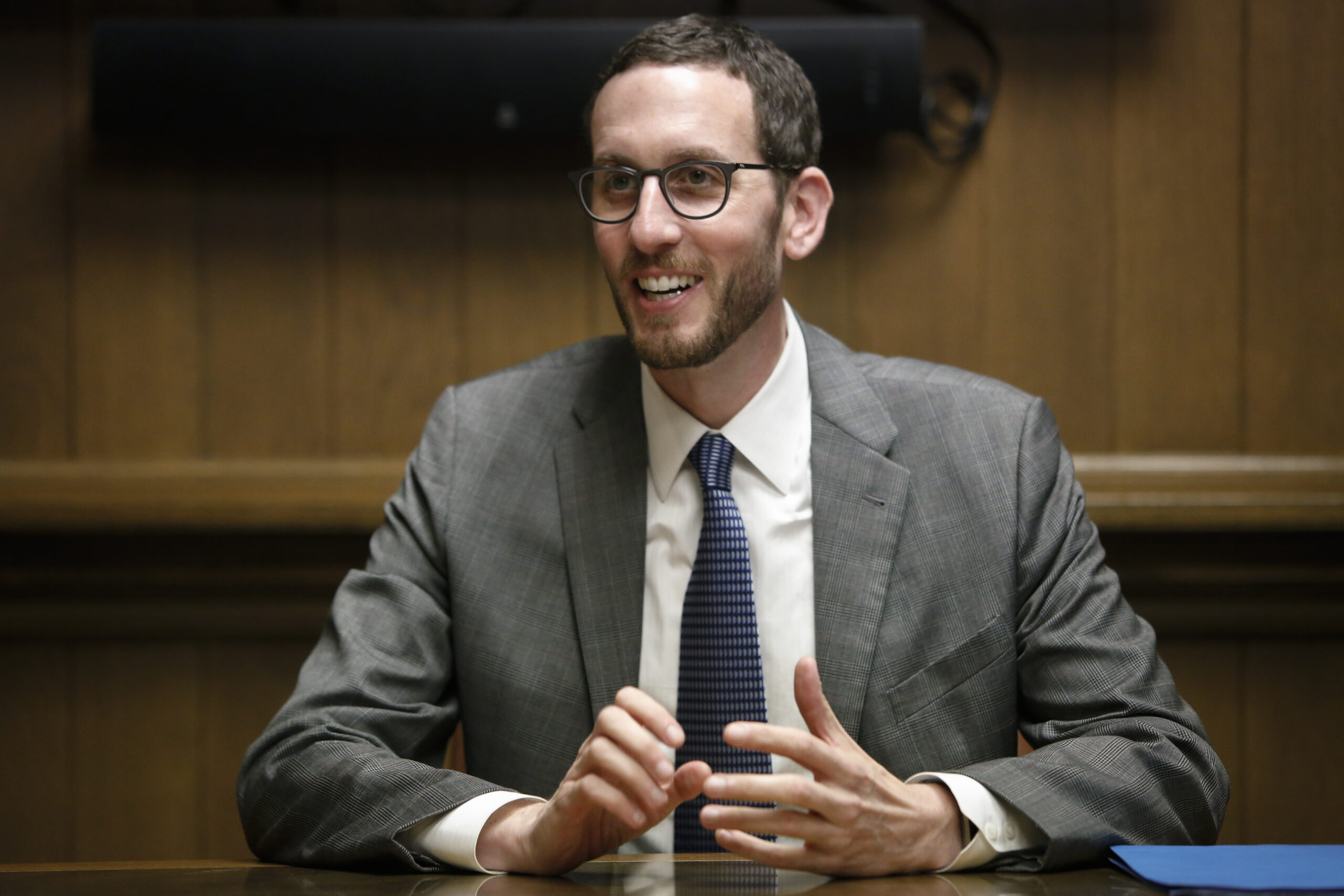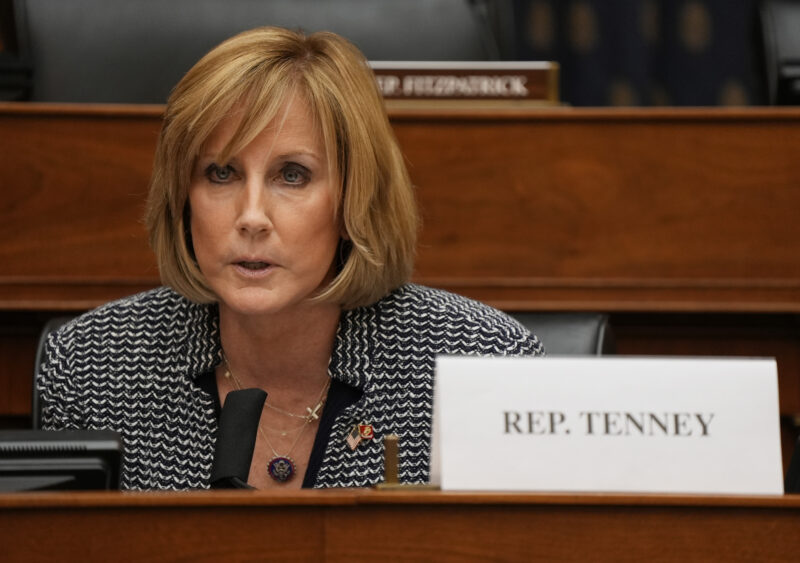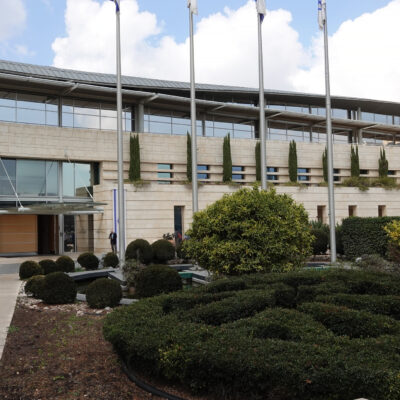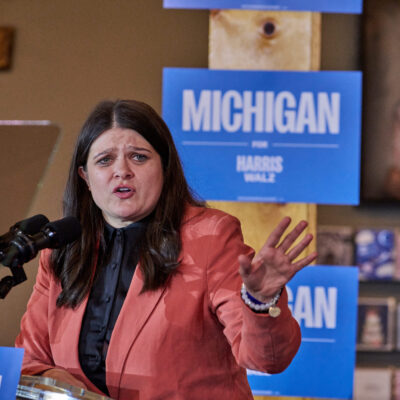Columbia Law School rejects student group created to combat antisemitism
The school’s student Senate refused to recognize the group because it used the State Department-adopted definition of antisemitism

Education Images/Universal Images Group via Getty Images
Columbia University New York USA, Columbia Law School on Amsterdam Avenue NYC.
The president of a new Columbia Law School group formed to combat rising antisemitism on campus told Jewish Insider that its adoption of the International Holocaust Remembrance Alliance’s working definition of antisemitism played a role in the Law School Student Senate’s vote to reject it as a recognized university group.
“A group of students were strongly opposed to our formation from the very beginning,” Marie-Alice Legrand, president of the Law Students Against Antisemitism, recalled, noting that some condemned its use of the State Department-adopted IHRA definition.
“They have accused us of using that definition to silence free speech. We have assured them that is not our mission, we want to educate,” she continued.
A majority of approximately 33 senators voted against the Law Students Against Antisemitism group in an anonymous vote on Jan. 23, the Columbia Spectator reported, noting that nine organizations have requested recognition this year, and Law Students Against Antisemitism is the only group that has not been approved. (The Student Senate is made up of 49 members.)
Before the senate meeting, where LSAA presented, individuals referring to themselves as “Concerned Jewish Students at CLS,” who identify as “Jewish pro-Palestine students,” signed a letter to the senators.
According to Legrand, the individuals printed out copies of the letter and brought them to the meeting to “urge the Senate to decline to charter,” raising their concern that “LSAA has adopted a pernicious and insidious definition of antisemitism.”
In the letter, a copy of which was obtained by JI, the students wrote that the IHRA definition is one “that conflates anti-Zionism with antisemitism. In doing so, the IHRA definition effectively labels as antisemitic large groups of pro-Palestine Jewish and non-Jewish students on campus.”
The letter went on to say that, “Many individuals accurately believe that the creation of a State of Israel was a racist endeavor because doing so involved killing more than 15,000 Palestinians, expelling more than 700,000 Palestinians, and creating a refugee crisis that has resulted in over 2 million Palestinian refugees worldwide.”
Legrand said that during the group’s presentation, they faced more than an hour of “hostile questions accusing us of all kinds of things [like that we] want to police our fellow students… other groups got approved within five minutes. The same principles and rules don’t apply to every person at the university.”
Without university recognition, LSAA cannot host events on campus, reserve rooms or receive funds or a university email address, according to Legrand, who is not Jewish and grew up in Germany in a house that belonged to a Jewish family killed at Auschwitz.
The president of Columbia Law’s Student Senate, Justin Onwenu, said in a statement to JI: “I am disappointed by the signal that this sends to many in our Jewish community. I am hoping that the club will resubmit and consensus can be reached because combating antisemitism is one of the most pressing issues of our time.”
In a statement, a spokesperson for Columbia Law told JI, “The Law School stands firmly against all forms of bigotry, hate, and discrimination, including antisemitism. Dean Gillian Lester has reiterated the Law School’s commitment to fostering a community where people can freely learn, live, work, and express themselves in letters to the Law School and Columbia communities.”
Legrand noted that the denial of LSAA signals a larger antisemitism problem at Columbia. “The administration’s lack of leadership has only emboldened the antisemitism that is on campus,” she said.
“We want to reapply,” Legrand said, adding that some 40 law students, mostly Jewish, have expressed interest in joining.
This story was updated at 7:05 p.m. ET on Monday, Feb. 5, 2024, to include comments from Columbia Law School and from Columbia Law’s Student Senate president.




